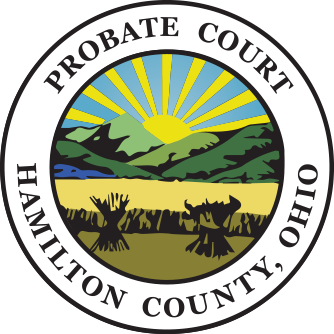- ADOPTIONS
- BIRTH CORRECTION
- BIRTH REGISTRATION
- CIVIL COMMITMENT
- CIVIL PROCEEDINGS
- CONSERVATORSHIP
- CUSTODIAL ACCOUNTS
- DELIVERY OF MINOR FUNDS
- DECLARATION OF PATERNITY
- DISINTERMENT
- ESTATE ADMINISTRATION
- GUARDIANSHIP
- MINOR SETTLEMENT
- ADULT WARD SETTLEMENT
- NAME CHANGE
- TRUSTS
- WILL DEPOSIT
- INVOLUNTARY TREATMENT FOR ALCOHOL & DRUGS ;
Instructions for Guardianship
Do you have questions about Guardianship? Click here to scroll to the FAQs.
Informational Pamphlet
Complete form packets for Guardianship
Below are pdf packets that contain all the forms required. Click to download.
Individual Forms for Guardianship
The following are a collection of the individual forms one may need for all case types.
Frequently Asked Questions
Questions can arise while you are looking for the content that you need. The following are common questions that have often been posed to our office.
What is a Guardianship?
A guardianship is an involuntary trust relationship in which one party, called the guardian, acts for an individual called a ward. The law regards the ward as incapable of managing his/her own person and/or affairs.
Who Needs a Guardian?
A guardian may be appointed for either an incompetent or minor, which are defined by statute as:
- Incompetent: Any person who is so mentally impaired as a result of a mental or physical illness or disability, or as a result of chronic substance abuse, that he is incapable of taking proper care of himself or his property or fails to provide for his family or other persons for whom he is charged by law to provide, or any person confined to a penal institution within this state.
- Minor: Any person under 18 years of age who has neither a father nor a mother or whose parents are unsuitable to have custody and tuition of such minor, or whose interests, in the opinion of the Court, will be promoted.
- Minor Settlement: Natural parents do not have an inherent right to settle personal injury claims on behalf of a minor child. The Probate Court must authorize approval of such settlements. If the settlement exceeds $25,000, the Court will require the appointment of a guardian of an estate.
What Are The Types of Guardianships?
Person and/or Estate: A guardian may be appointed either a guardian of the person, a guardian of the estate, or both. A guardian of the person has custody of, controls, and protects the person of the ward. A guardian of the estate controls and protects the assets or property of the ward.
Emergency: In an emergency in which significant injury to a prospective adult ward may occur unless immediate action is taken, the Court may appoint an emergency guardian for 72 hours. The adult’s physician must testify in Court.
 >
>